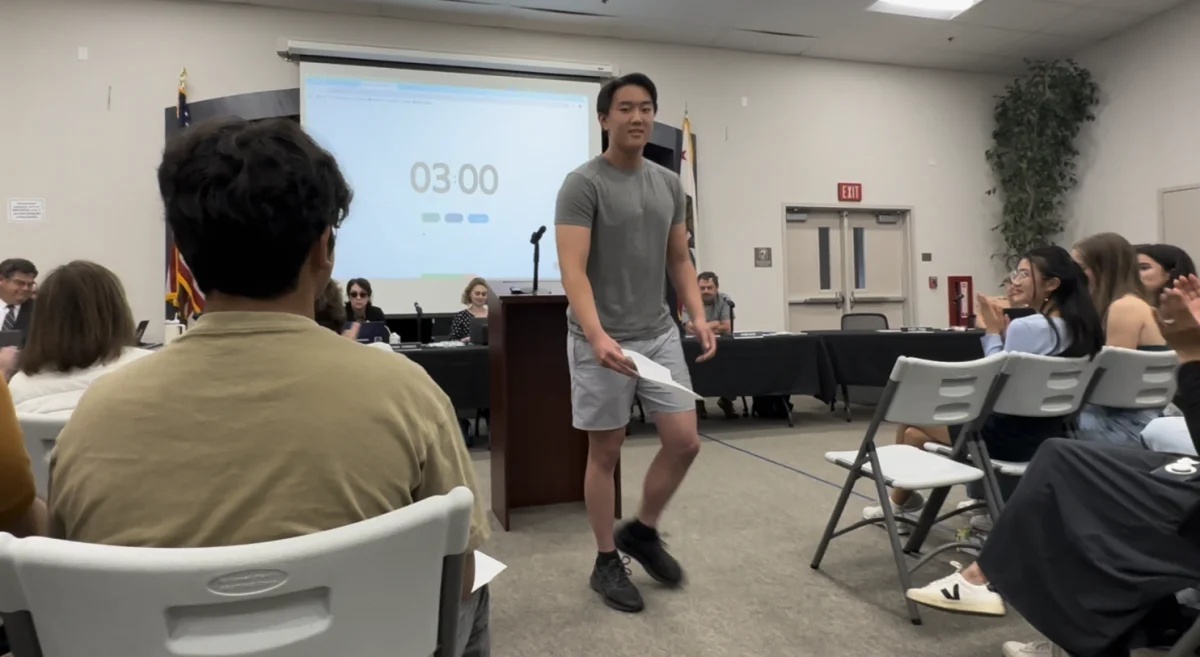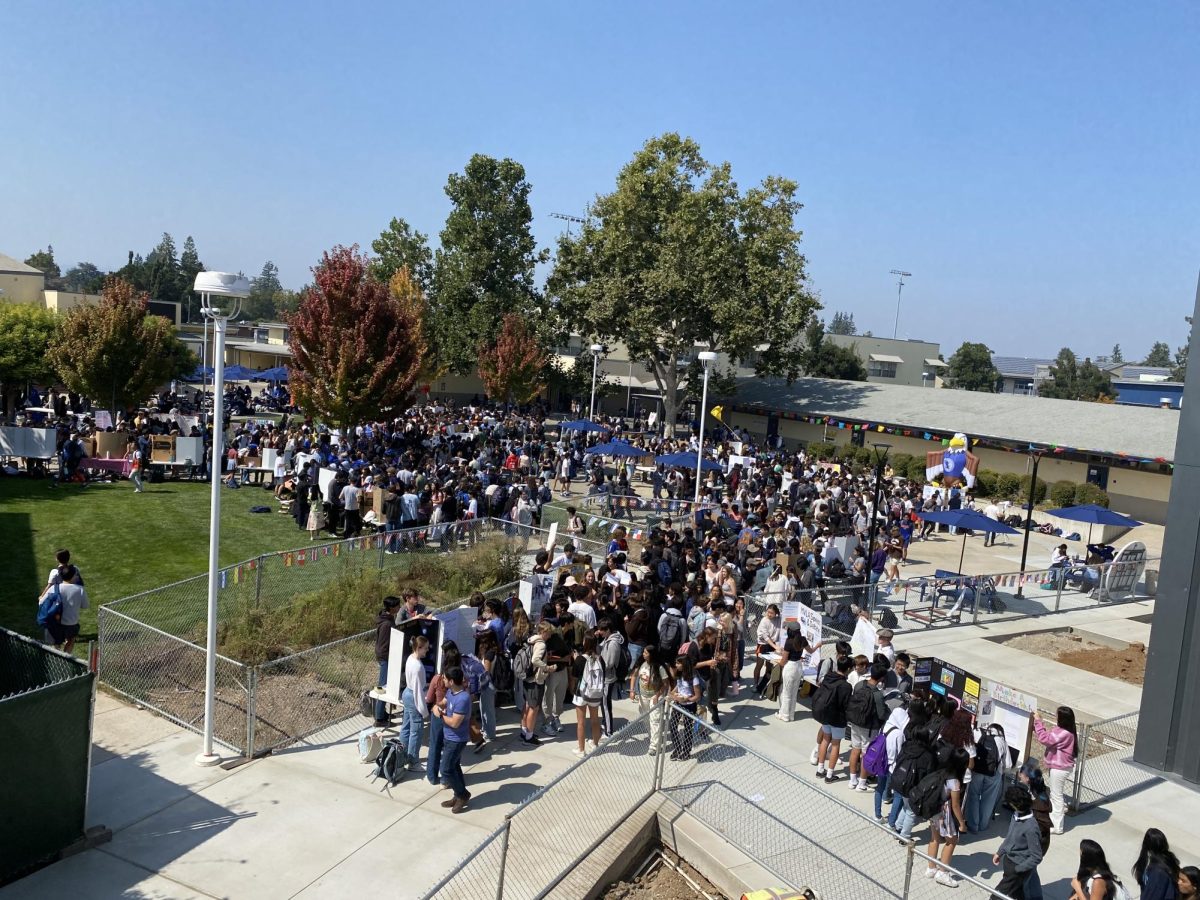The high school experience is not measured solely by transcripts, but also by what we do with our free time. From Mock Trial and debate to BSU and LSU, what happens outside the classroom is often what we remember most about these four years.
In order to provide these activities, many teachers not only teach, but also have other roles around campus. Some double as coaches, devoting afternoons to their athletes while others advise student organizations, overseeing clubs that raise thousands of dollars or travel internationally. For some faculty, this time commitment translates into extra money towards their paycheck; for others, it does not. Because high school is for the academic and social benefit of students, there should be increased student opinion in the process that chooses the staff to be paid extra.
To incentivize the programs that form the “backbone” of a high school experience, the school district and the teacher’s union agree to pay staff members extra for taking on certain roles outside of class. The majority of these positions, referred to as “Extra Pay for Extra Duty” (EPED) positions, are defined clearly in the negotiated contracts and have a strong historical basis. For example, department coordinators, coaches and athletic directors serve as the majority of the EPED positions. Others, such as the advisors for the journalism class, yearbook class and ASB, round out the rest of the roles.
Where the incentives get tricky is around “open positions,” or principal-designated slots for school sponsored clubs and programs. While most of the EPED positions are set into the annual DTA negotiations, open positions are distributed at the principal’s discretion on a yearly basis.
While most open positions are used as a “catch-all” to fund coaching positions that are unpaid, or involve “grandfathered” positions passed down from year to year, changing budgets means that, realistically, the number of open positions vary depending on the circumstances. Thus, when changes do occur, it is up to the principal to decide what remains as a paid open position and what does not.
It is fortunate that we have a way to reward teachers for putting additional time into valuable activities, but there needs to be a more transparent process around how these positions are distributed. As a school, we must be sure that this money is going to teachers who are truly invaluable to students.
A way for students to give input, such as a student panel or a student survey to gauge student opinion, would ensure that these open positions be assigned to worthy activities and updated as student interests undoubtedly shift. As clubs lose members or their focus changes, an attentive student panel and poll could properly direct the incentives to where it matters most.








